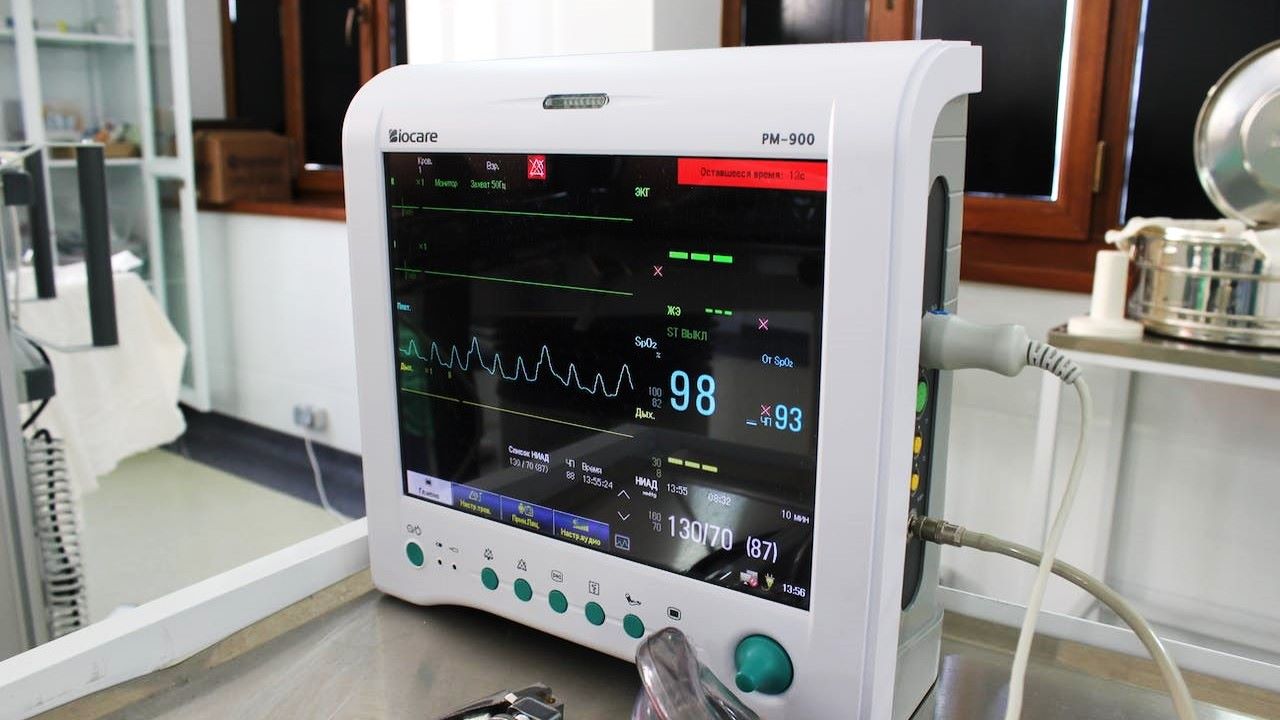In a significant leap forward for cardiovascular health, a recent study unveils a groundbreaking development in the form of an Artificial Intelligence (AI)-enabled Electrocardiogram (ECG). The research showcases the potential of this innovative technology in predicting diastolic dysfunction and estimating filling pressure, critical factors in diagnosing heart failure with preserved ejection fraction (HFpEF).
Key Findings:
- Accurate Identification of Increased Filling Pressure: The AI-enabled ECG demonstrates exceptional accuracy in identifying patients with increased left ventricular filling pressure, a pivotal step in early cardiovascular diagnosis.
- Alignment with Echocardiographic Determination: The study reveals that predictions made by the AI-enabled ECG closely align with echocardiographically determined parameters for diastolic function and filling pressure, establishing its reliability.
- Prognostic Value and Mortality Prediction: Impressively, the AI-enabled ECG’s predictions for diastolic function grading and filling pressure are associated with all-cause mortality, underscoring its potential for risk stratification.

Clinical Applications and Implications:
- Screening for HFpEF: The AI-enabled ECG emerges as a valuable screening tool, capable of identifying patients with a high likelihood of HFpEF. This accessibility and cost-effectiveness address the current challenges of under-recognition in the community.
- Dyspnea Evaluation: With a high negative predictive value, the AI-enabled ECG offers a practical solution to exclude cardiac causes in patients with unexplained dyspnea, streamlining diagnostic processes.
- Monitoring Heart Failure Management: For patients with known heart failure, the AI-enabled ECG becomes a promising means of monitoring responses to management and optimizing filling pressure.
This breakthrough AI-enabled ECG technology has the potential to redefine standards in cardiovascular assessment. As it aligns seamlessly with echocardiographic parameters and demonstrates robust prognostic value, its integration into routine clinical practice could enhance diagnostic precision and improve patient outcomes. Prospective clinical trials are underway to explore its broader applications, promising a new era in personalized medicine within the field of cardiology. Stay tuned for further updates as this transformative technology continues to shape the future of cardiovascular healthcare.
In the ever-evolving landscape of medical technology, artificial intelligence (AI) continues to push boundaries, offering innovative solutions for diagnosing and managing complex health conditions. A recent groundbreaking study has unveiled the potential of AI-enabled electrocardiograms (ECG) in predicting diastolic dysfunction and estimating filling pressure, crucial elements in identifying heart failure with preserved ejection fraction (HFpEF). This revolutionary approach not only demonstrates high accuracy in assessing cardiovascular health but also carries significant prognostic value, potentially transforming how we diagnose and manage heart-related conditions. Read more…



